- Hindus struggle with livelihood hardships amid job shortages in Arakan State
- Equipment from Chinese-owned VPower plant in Kyaukphyu to be fully relocated amid growing conflict
- Free schools for IDP children in Arakan State struggle to stay open amid funding shortfall
- Female-headed IDP households in Ponnagyun Twsp struggle as commodity prices surge
- Min Aung Hlaing likely to take State Counsellor role in post-election government formation: Analysts
AA coy on plans to address needs of Arakan State’s Muslim communities
The Arakan Army (AA) will officially reveal its policy on the crisis facing the state’s Muslim population when it can hold official talks on the international stage as the legitimate government of Arakan, the AA spokesman said during a press conference on Monday.
19 Sep 2022
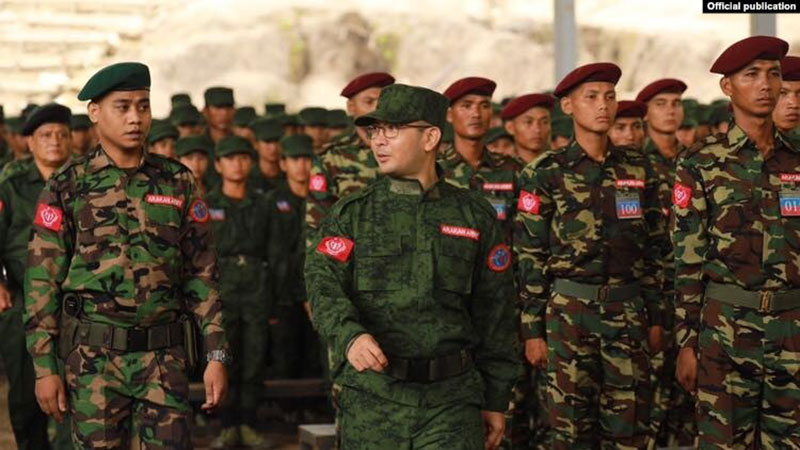
DMG Newsroom
19 September 2022, Sittwe
The Arakan Army (AA) will officially reveal its policy on the crisis facing the state’s Muslim population when it can hold official talks on the international stage as the legitimate government of Arakan, the AA spokesman said during a press conference on Monday.
“We are still trying to become the government of the Arakan nation, recognised internationally,” said AA spokesman U Khaing Thukha. “So, we will officially reveal our policy [on Muslims in Arakan State], and how we will cooperate with international agencies including the United Nations and neighbouring Bangladesh, when we can officially discuss with the international community. It is still a little early to reveal the policy now.”
He urged the Bangladeshi government, the United Nations and other world powers to support the AA in its efforts to resolve issues affecting Arakan State’s Muslim communities, including the repatriation of Muslims currently living in Bangladesh refugee camps.
“If we are to solve this crisis, firstly, the international community and Bangladeshi government must recognise the ULA/AA as a main stakeholder. Secondly, the Bangladeshi government, the UN and world powers must support us in solving this,” U Khaing Thukha said.
“When such a day finally comes, we will officially make public our refugee repatriation and resettlement policy, and we hope to find a solution that is acceptable to both sides, and that allows for permanent, peaceful co-existence based on justice and peace,” he added.
U Khaing Thukha said the AA has sympathy for all of the Muslim refugees that fled en masse from northern Arakan State to Bangladesh due to the Myanmar military’s heavy-handed clearance operations in 2017.
More than 700,000 Muslims fled to Bangladesh beginning in August of that year, after the Myanmar military launched disproportionate “clearance operations” in response to attacks by the Arakan Rohingya Salvation Army on border guard police outposts.
The now-deposed National League for Democracy (NLD) government led by Daw Aung San Suu Kyi tried in vain to repatriate Muslim refugees in the years prior to its ouster in February 2021.
The regime has indicated its own intention to repatriate Muslim refugees. In July, the junta’s Arakan State Administration Council told media it planned to start repatriation in October, and that around 700 Muslims would be brought back in the initial phase.
The parallel National Unity Government in August said it is working together with ethnic minority groups, the Bangladeshi government and the UN to create favourable conditions for the repatriation of Muslim refugees.
Arakan State observers have said most Muslim refugees are unlikely to return to Myanmar for now, due to the increasingly fraught dynamics that have accompanied last year’s coup, and because of the complex situation in Arakan State particularly.




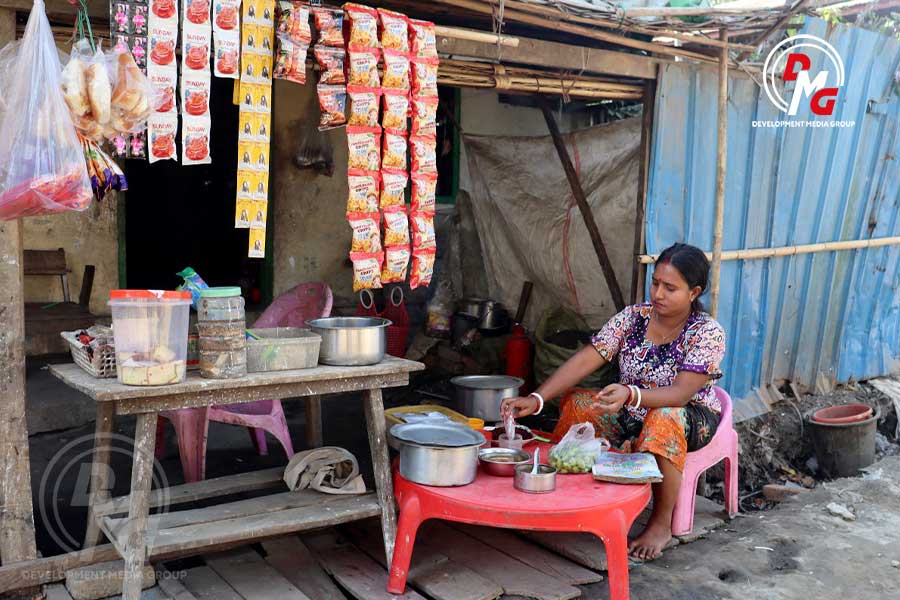
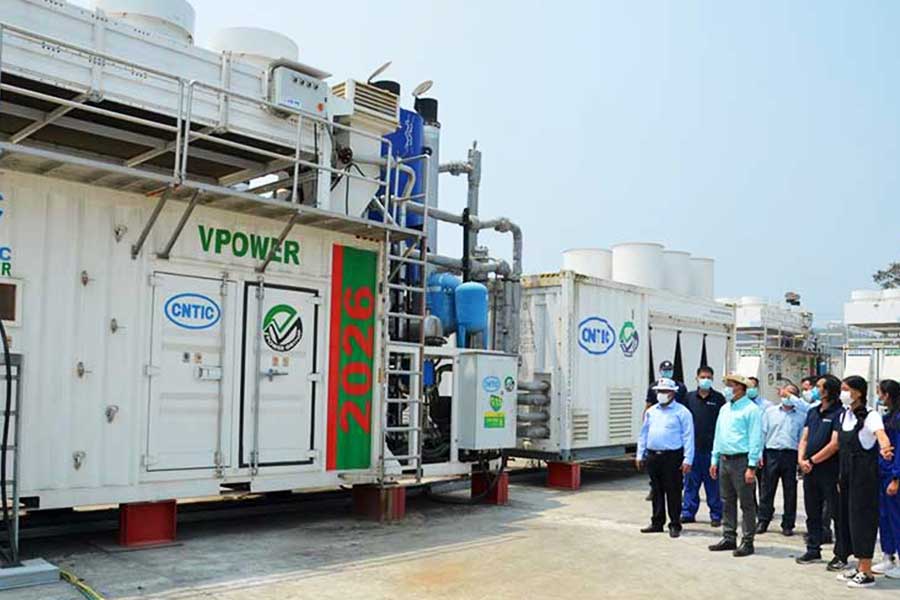
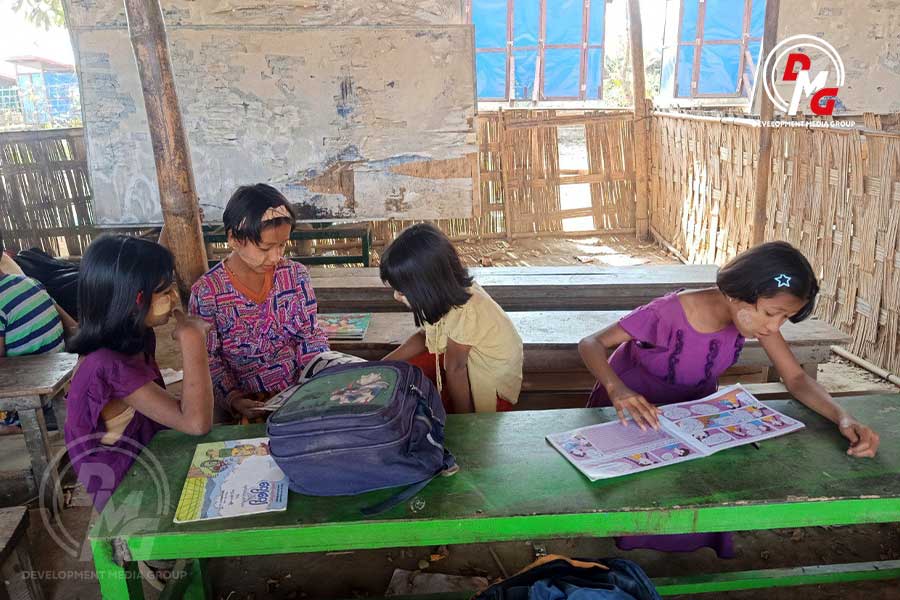
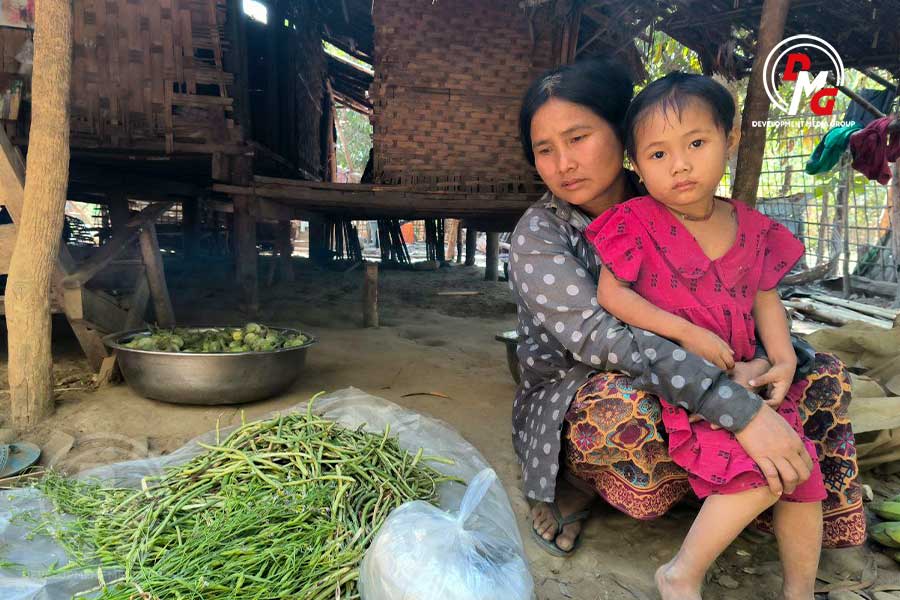
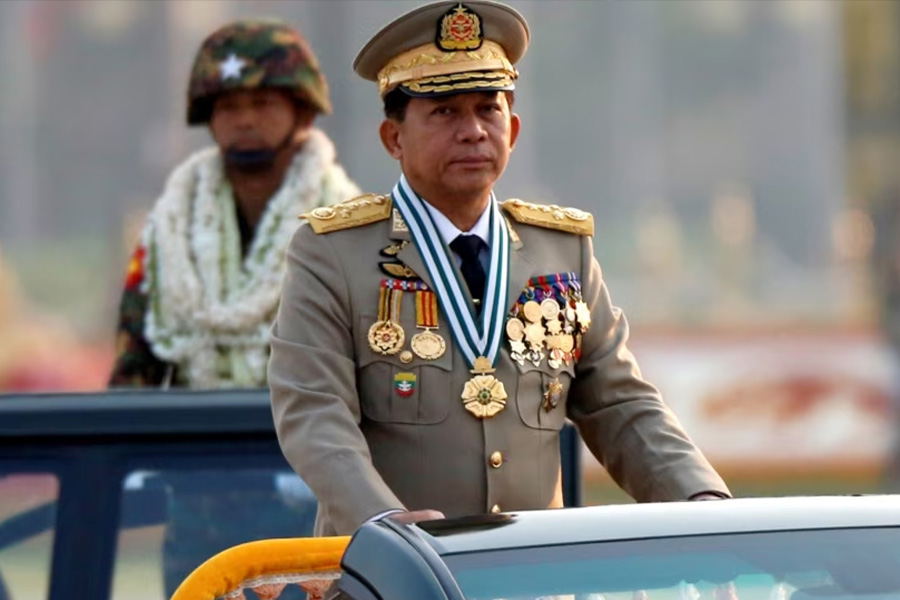








.jpg)